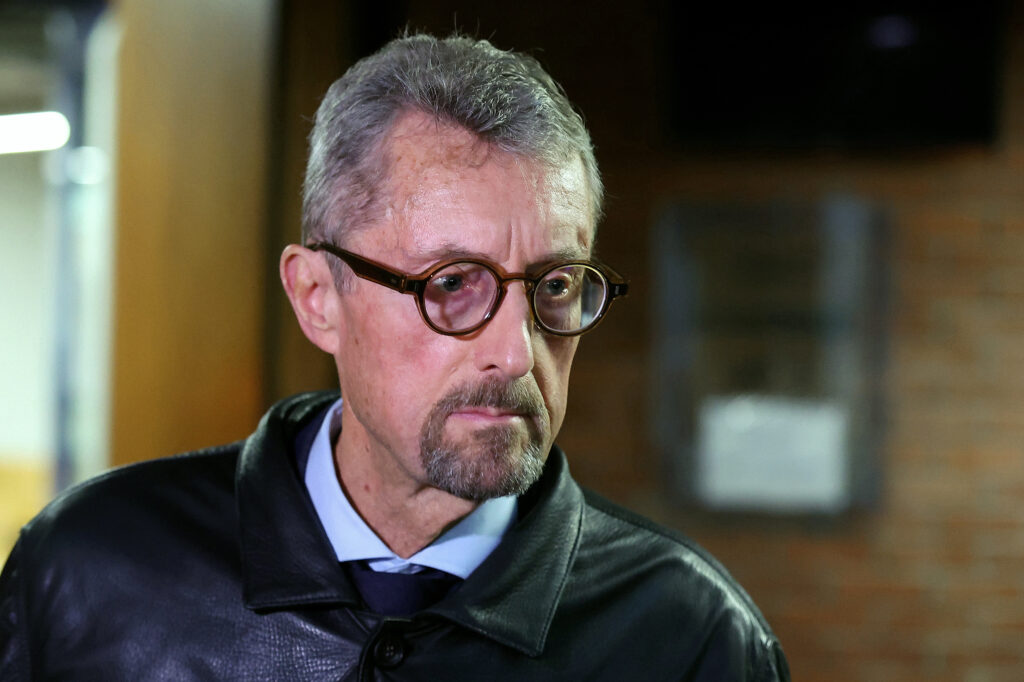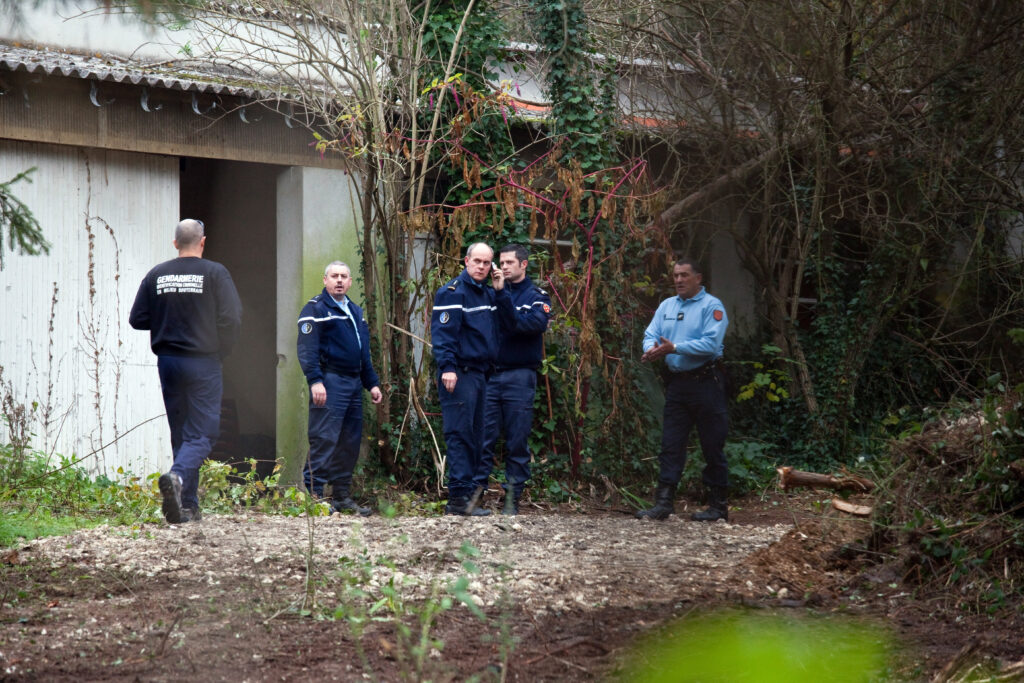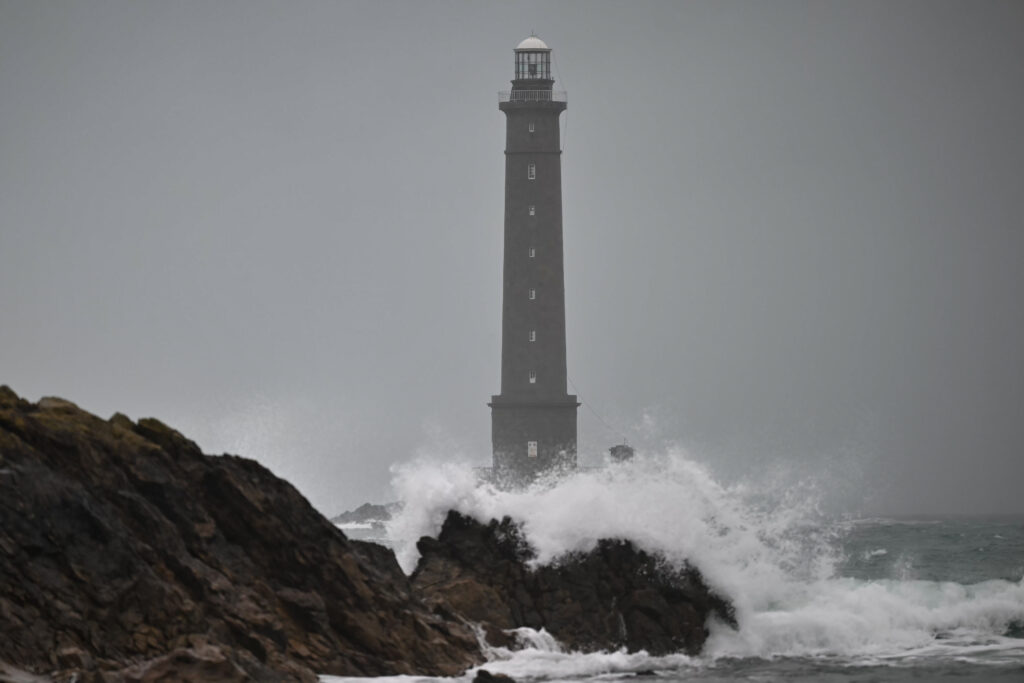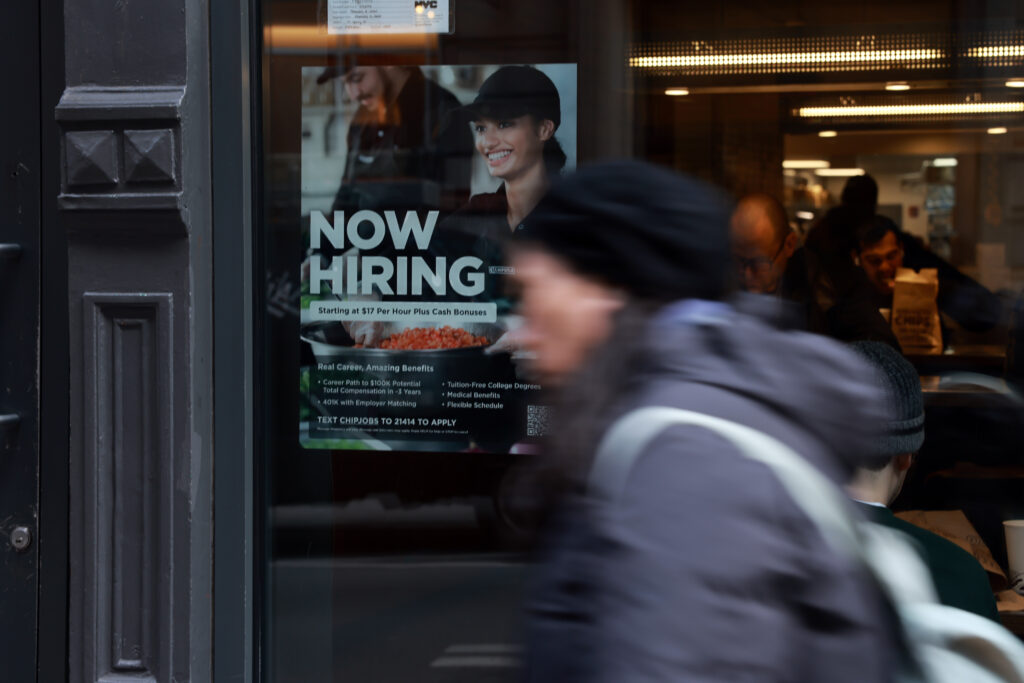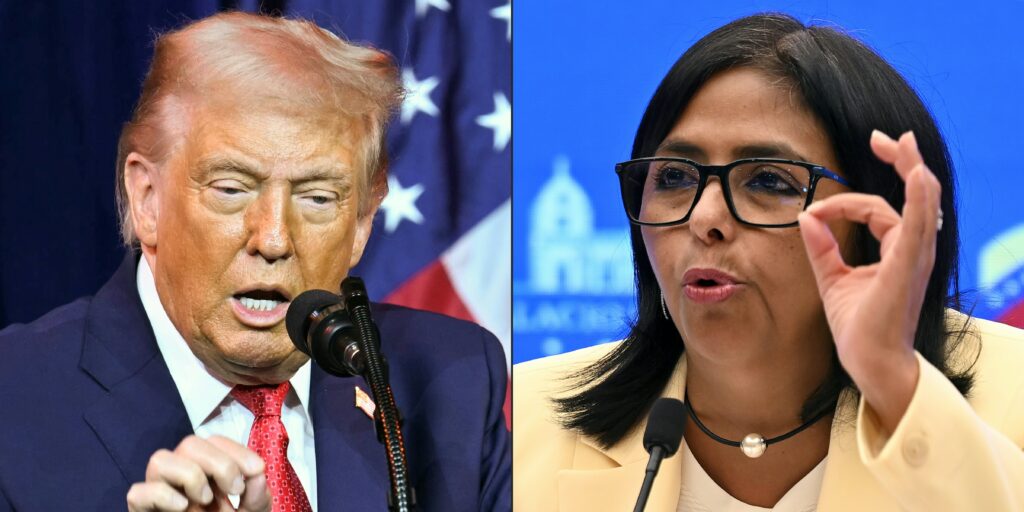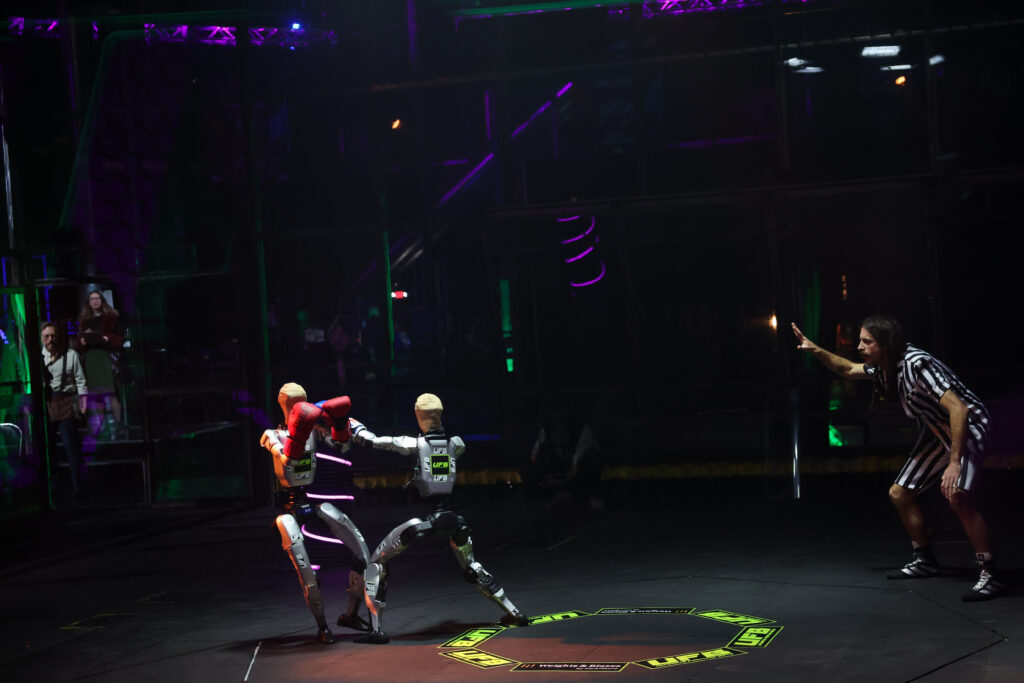Prison avec sursis pour un ex-patron de la DGSE dans une affaire de tentative d’extorsion
Au terme de dix années de procédure judiciaire, l’ex-directeur des services secrets français, Bernard Bajolet, a été condamné jeudi à un an de prison avec sursis pour avoir orchestré une tentative d’extorsion contre un homme d’affaires qui, selon la DGSE, l’aurait arnaquée.L’ex-directeur de la Direction générale de la sécurité extérieure entre 2013 et 2017 a été reconnu coupable par le tribunal correctionnel de Bobigny de complicité de tentative d’extorsion et d’atteinte arbitraire à la liberté individuelle par personne dépositaire de l’autorité publique.Les faits qui lui sont reprochés remontent au 12 mars 2016. C’est donc une décennie d’enquête et de rebondissements judiciaires qui auront été nécessaires pour aboutir à cette condamnation, plus lourde que les six à huit mois d’emprisonnement avec sursis requis par le parquet.Conformément aux réquisitions, cette condamnation ne sera toutefois pas inscrite au casier judiciaire de M. Bajolet, 76 ans, du fait de ses états de service pour le pays.- Investissements infructueux -Le 12 mars 2016, Alain Dumenil, homme d’affaires franco-suisse impliqué dans pléthore d’affaires judiciaires et de litiges commerciaux, est arrêté par la police aux frontières à l’aéroport Roissy-Charles de Gaulle alors qu’il doit se rendre en Suisse.Les policiers l’emmènent sous prétexte de devoir vérifier son passeport et le conduisent dans une salle.Deux hommes en civil, appartenant à la DGSE mais jamais identifiés, entrent dans la pièce et informent M. Dumenil qu’il doit rembourser 15 millions d’euros à la France. Les services de renseignement estiment qu’il les a escroqués au début des années 2000, lorsqu’ils l’ont appelé à la rescousse pour sortir la DGSE d’investissements infructueux. Ceux-ci avaient été réalisés avec un fonds secret, confié par l’Etat il y a des décennies dans une volonté d’indépendance de l’institution en cas d’occupation étrangère ou de disparition du gouvernement. Les agents menacent M. Dumenil, dont les manœuvres financières lui ont valu d’être mis en examen pour banqueroute, notamment en lui montrant un album de photographies de ses proches. L’homme d’affaires s’emporte et annonce porter plainte. Les agents s’éclipsent.Au cours du procès, qui s’est tenu en novembre et a parfois semblé devenir celui des services secrets tout entier, Bernard Bajolet a toujours reconnu avoir validé le principe d’une rencontre mais sans avoir jamais imaginé, a-t-il assuré, que cela se ferait avec “une forme quelconque de contrainte”.”Les choses ne se sont pas passées comme elles auraient dû”, avait toutefois reconnu M. Bajolet qui, avec ses avocats, n’a pas souhaité faire de commentaire jeudi après lecture de la décision.- “Souffrances” -Le tribunal, qui a qualifié les méthodes employées de “choquantes”, “inquiétantes” et “contraires à l’Etat de droit”, a considéré qu'”il est peu probable que des agents puissent agir en toute autonomie” dans un dossier “aussi sensible”.De plus, selon le président du tribunal, si M. Bajolet avait fini par disqualifier la manière dont s’était déroulée l’entrevue avec M. Dumenil, il n’a pour autant jamais signalé ces faits à la justice ni engagé de démarche disciplinaire à l’égard des agents, jamais identifiés, le secret défense ayant été invoqué à plusieurs reprises lors de l’instruction.”Cette décision marque après des années de combat judiciaire une étape importante”, en rappelant que “la justice peut établir des responsabilités, y compris lorsque l’affaire touche à des pouvoirs d’Etat particulièrement sensibles et en dépit des obstacles qui lui sont opposés”, a réagi Me Nicolas Huc-Morel, avocat de M. Dumenil qui, lui, était absent lors de l’annonce de la décision. M. Bajolet a par ailleurs été condamné à verser 25.000 euros à M. Dumenil, dont 15.000 euros pour “les souffrances endurées”, le reste étant pour les frais de justice.Lors de l’audience de novembre, M. Dumenil était apparu très marqué, accusant, dans une déclaration quelque peu confuse, la DGSE de tentatives d’assassinat contre sa personne et de pression sur la justice. Il avait demandé trois millions d’euros.
